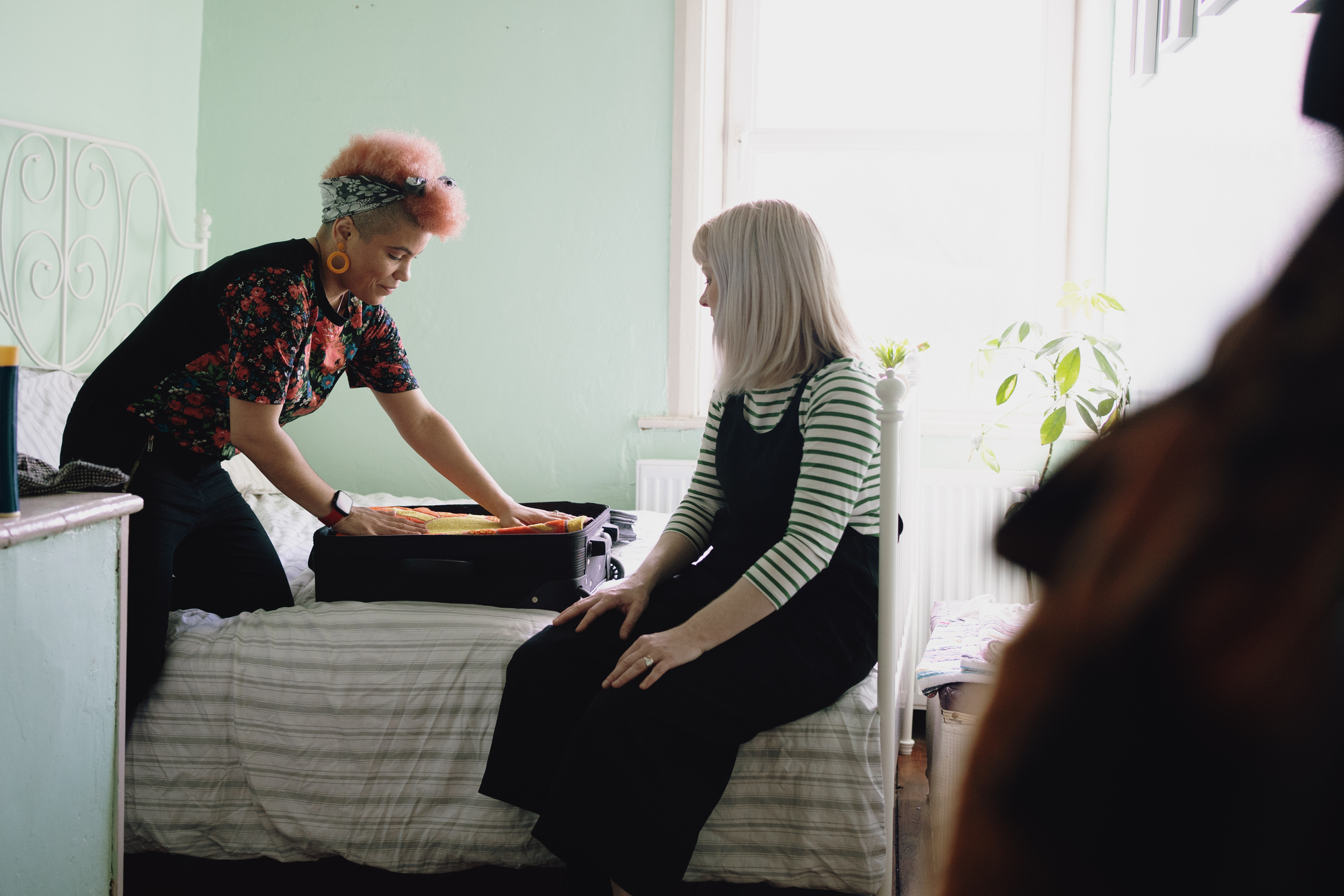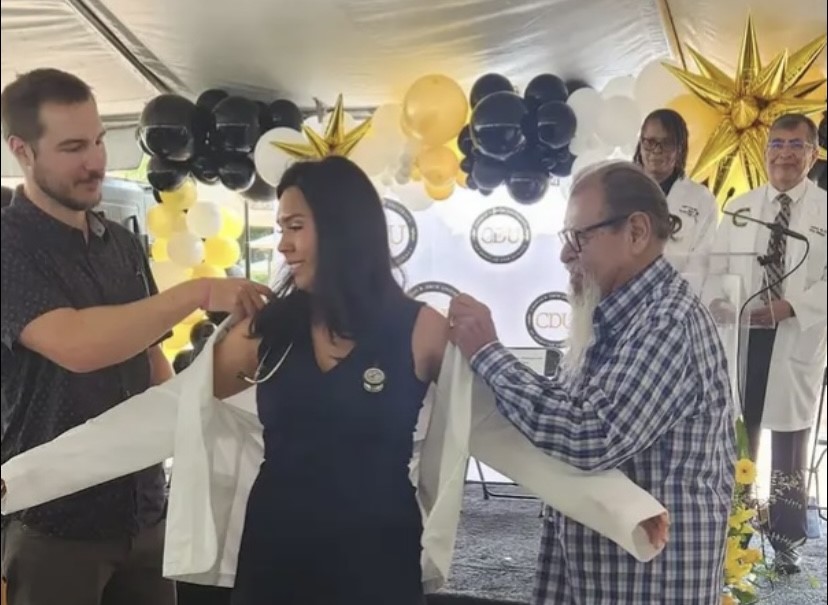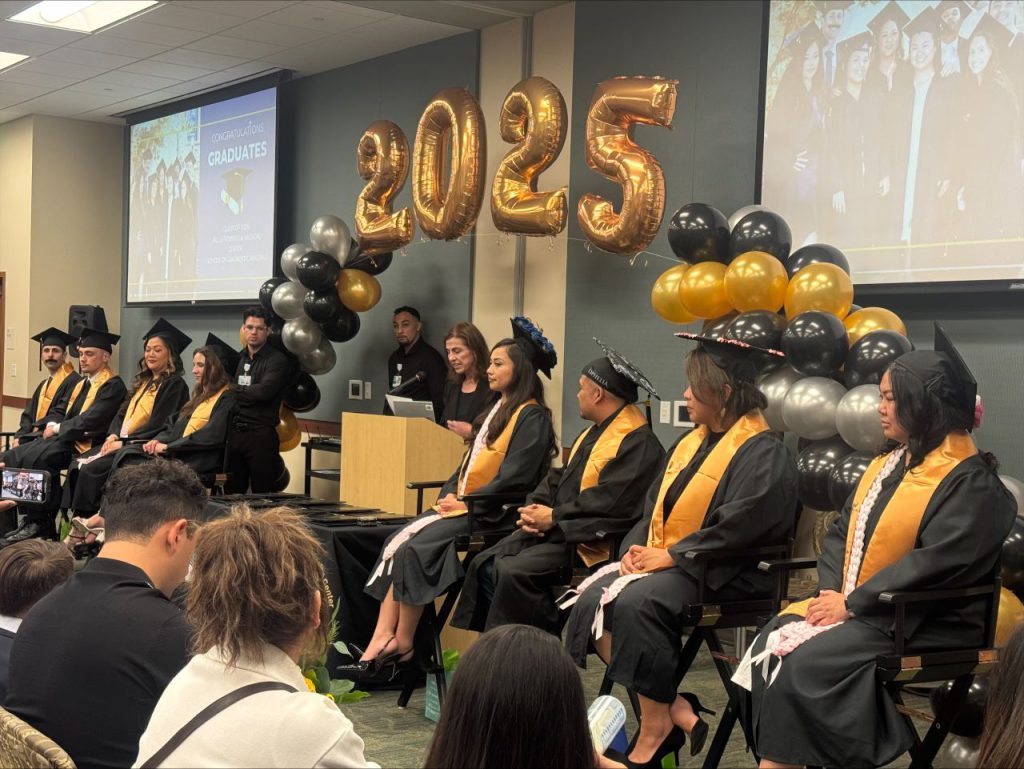The holiday season comes with stress for many people. It can be an especially triggering time of year for those in the LGBTQ+ community. Some may not have a relationship with their family of origin and spend the holidays alone. Others may feel pressured to spend extended time with family members who don’t support them.
Research suggests that family acceptance of sexual orientation and gender identity affects the mental health and personal safety of LGBTQ+ individuals. Consequently, that type of discrimination against LGBTQ+ persons has been associated with high rates of mental health struggles, substance abuse and suicide.
“When I had opportunities to go home, I didn’t really consider myself in those instances,” said Phii Regis (they/them), associate director from All Children – All Families, a part of the Human Rights Campaign Foundation. “I was very much committed to do anything I could to turn the tide and have the acceptance returned and be affirmed. So, I really put myself to the side and didn’t really consider a lot of my mental health, and that had implications for me.”
Regis and others offered suggestions for LGBTQ+ individuals consider in preparation for the holidays during a recent webinar, “Handling The Holidays In A Non-LGBTQ+ Affirming Environment,” sponsored by Mental Health America and Sutter Health.
Set the Table with Boundaries
Marissa Howdershelt (they/them), a student advocate with Mental Health America, suggested weighing the pros and cons of visits to families of origin during the holidays. They acknowledged the practice sounds almost too simple. However, the exercise of writing each thought out can help one see the situation more clearly. It can also serve as an opportunity to consciously reconsider the options. They also suggested writing out non-negotiables. In other words, what are the things that you are not willing to compromise, e.g., if one’s family of origin doesn’t respect one’s chosen pronouns or if they use disrespectful language to one’s identity.
One of Regis’ boundaries was choosing to come home every other holiday. This approach helped give them the space they need while still honoring their “very deep” desire to reconnect with their family of origin.
“That was very important for protecting my peace,” they said.
Howdershelt also acknowledged that feelings of guilt can come through this evaluation process. They said this can include a sense of betraying family by not visiting.
“I’m Latina and…family is supposed to be your everything, but if you’re family is meeting you with disrespect… [remember that] respect is a two-way street.”
Serve up Some Self-care
Regis acknowledged the need for taking time for one’s self and the practice of identifying what that can mean for anyone in the LGBTQ+ community. They asked others to evaluate how that can be achieved while at home with one’s family of origin. Regis said they prefer to listen to mental health or comedy podcasts to relax, recharge and refocus.
Howdershelt said that focusing on one’s self can be perceived negatively, based on their experience in Latino culture. But it can be what’s necessary for one’s sustainability. As Howdershelt stated, “You can’t pour from an empty cup.”
Howdershelt said one thing that can be helpful is to seek out family at home who are supportive. They said they often seek out their favorite group of cousins, for example.
Cheers to Chosen Families
Chosen families have a long and important history in the LGBTQ+ community. Regis said they often lean on their chosen family, reaching out to them before and during their visits with their family of origin. They also suggested reaching out hometown friends who are aware of one’s identity and offer support. The other approach Regis embraces is planning for LGBTQ+-affirming activities once they do return home.
“[I can] remind myself what it is like to be myself,” Regis said.
Stay the Course Toward a Safe Place
The panelists agree that while these actions can help nurture better mental health, the journey can be hard and emotionally taxing. It’s important to recognize that reality, they stated. However, they each stress the importance of maintaining the focus on one’s self.
“No matter what the response is from your family, you’re deserving of safety, of security and of love,” said Regis.
Note: This content is not intended to be a substitute for professional medical advice, diagnosis or treatment. Always seek the advice of your physician or other qualified health provider with any questions you may have regarding a medical condition. Never disregard professional medical advice or delay in seeking it because of something you have read on this website.





